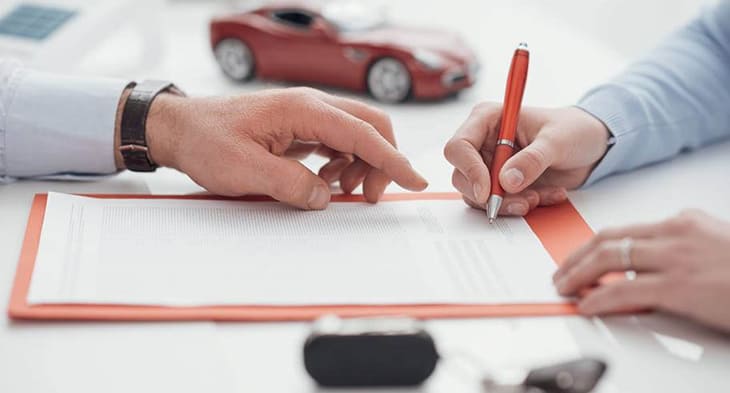Buying a car can be tricky and overwhelming. Replacing your old rustbucket with a brand-new vehicle is an exciting idea, but it is easier said than done.
One of the people’s biggest mistakes is committing to a purchase without proper research. The last thing you want to do is pay for a car you won’t be driving in a couple of months.
Preparing yourself for purchasing a car is essential, and we’re here to help you avoid the common missteps people make during preparation.
There are plenty of used cars for sale in the UAE. Knowing what to look for can make your life a lot easier. Here are the smartest car buying tips you should know before purchasing a car in Dubai
These smart car tips can save you lots of time and effort when purchasing a car in Dubai. Read on to learn more!
Table of Contents
1- Focus on One Thing
When you want to buy a car, it’s better to focus on one thing. What are you looking for? What is most important to you? Whether you have a specific price in mind or are looking for a specific brand are important factors you should consider.
Focusing on one of these saves you a lot of hassle and can make your choice a lot easier. People’s biggest mistake is telling the seller everything they want out of the bat. If the seller feels like they’re selling you your dream car, they will raise the price until they can’t anymore. We recommend starting from something simple, like focusing on a specific brand you want and then going from there.
If you find the car to be within a reasonable price, go ahead and make the purchase. Buying or selling a car in Dubai is simple if you know where to look.
2- Decide on Buying New or Used
Most people think of cars as an investment, but they don’t know that cars lose almost 60% of their value in their first few years of service. If you want to buy a brand new car, it’s best if you don’t think of it as an investment.
Buying a used car is a better option for people who want the most value from their money. Used cars are cheaper than new ones, but buying a new car can put your mind at ease in certain cases. Weigh your options and decide which suits you better before committing.

3- Research a Car Before Buying It
You should first check the vehicle’s price and how much it’s going for. Prices may vary based on condition and add-ons, but you should have a general price before committing to a purchase.
Other important information is accident history, potential recalls, service history, and mileage. Use the car’s Vehicle Identification Number to check everything you need to know about a car’s history.
4- Request a Car Inspection
Ensure you request a car inspection whether the vehicle is used or brand new. A full inspection can reveal even the tiniest flaws and save you lots of money on repairs in the long run.
You shouldn’t take a seller’s word at face value, no matter how trustworthy they appear. A car might look fine and dandy on the outside, but only a professional can truly know what’s in store for you under the hood.
5- Use Negotiation Tactics
Just like prices can go up, they can also go down. Having the correct attitude and confidence when going into negotiations can make all the difference. Remember that you are the one with an advantage because you’ve done your research and know exactly what you want.
Don’t let car dealers upsell you by waving unnecessary modifications in your face. As cool as they are, racing stripes and pinstriping are not enough to raise a car’s value.

